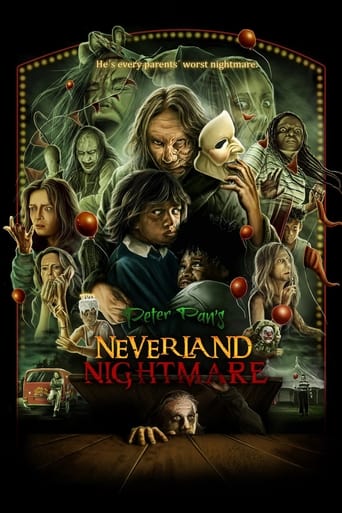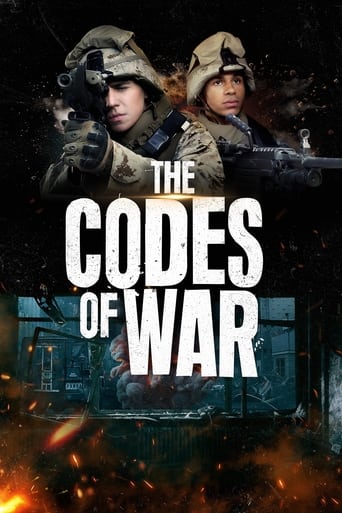Crash Course Computer Science - Season 1 Episode 30 The World Wide Web
Today we’re going to discuss the World Wide Web - not to be confused with the Internet, which is the underlying plumbing for the web as well as other networks. The World Wide Web is built on the foundation of simply linking pages to other pages with hyperlinks, but it is this massive interconnectedness that makes it so powerful. But before the web could become a thing, Tim Berners-Lee would need to invent the web browser at CERN, and search engines would need to be created to navigate these massive directories of information. By the mid 1990’s we will see the rise of Yahoo and Google and monolithic websites like Ebay and Amazon, forming the web we know today. But before we end our unit on the Internet we want to take a moment to discuss the implications of Net Neutrality, and its potential to shape the Internet's future.
Year: 2017
Genre:
Country: United States of America
Studio: YouTube, PBS Digital Studios
Director:
Cast: Carrie Anne Philbin
Crew:
First Air Date: Feb 22, 2017
Last Air date: Dec 21, 2017
Season: 1 Season
Episode: 40 Episode
Runtime: 12 minutes
IMDb: 0.00/10 by 0.00 users
Popularity: 1.0187
Language: English
Keyword :
Episode
Early Computing
Electronic Computing
Boolean Logic & Logic Gates
Representing Numbers and Letters with Binary
How Computers Calculate - the ALU
Registers and RAM
The Central Processing Unit (CPU)
Instructions & Programs
Advanced CPU Designs
Early Programming
The First Programming Languages
Programming Basics: Statements & Functions
Intro to Algorithms
Data Structures
Alan Turing
Software Engineering
Integrated Circuits & Moore’s Law
Operating Systems
Memory & Storage
Files & File Systems
Compression
Keyboards & Command Line Interfaces
Screens & 2D Graphics
The Cold War and Consumerism
The Personal Computer Revolution
Graphical User Interfaces
3D Graphics
Computer Networks
The Internet
The World Wide Web
Cybersecurity
Hackers & Cyber Attacks
Cryptography
Machine Learning & A.I.
Computer Vision
Natural Language Processing
Robots
Psychology of Computing
Educational Technology
The Future of Computing














